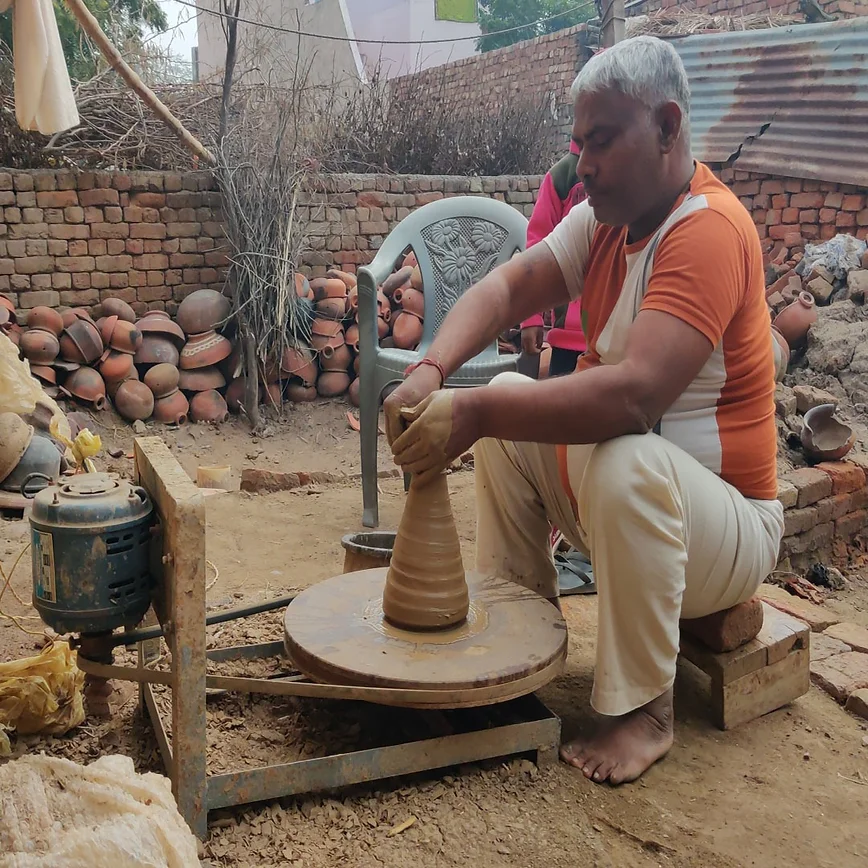Home
About Us
Page 2
With that information, the Developing and Strengthening Services and Systems that Support Family Cohesion and Respond to the Separation of Children in Democratic Republic of Congo program intends to create and strengthen systems in order to support the well-being and protect the those children and families who have been affected and to further prevent them from separating.
|
|
The program seeks to identify approaches that will lead to the following results:
a) The identification of vulnerable children and their protection through the community-based structures
b) The development of a better access to basic social services and legal protection
c) The identification of ways on how to economically strengthen vulnerable households
d) Children outside of family care are able to achieve family and community reintegration
or acceptable alternatives
e) The development of services and systems that would prevent and respond to family separation.
USAID DRC is set to administer $6,000,000 to $8,000,000 for the Developing and Strengthening Services and Systems that Support Family Cohesion and Respond to the Separation of Children program.
The following will be considered eligible to apply for this program:
a) US or non-US organizations
b) US or non-US nonprofit organizations
c) US or non-US for-profit organizations
USAID-DRC has also emphasized that the funds will be awarded through a five-year cooperative agreement.
Developing and Strengthening Services and Systems that Support Family Cohesion and Respond to the Separation of Children in Democratic Republic of Congo
Back to Page 1
About The Author The TopGovernmentGrants Editorial Staff maintains one the most comprehensive Websites offering information on government grants and federal government programs. The staff also provides resources to other Websites with information on environmental grants and grants for youth programs. |
Additional Resources
category - Health Grants
Minor Use Minor Species Development of Drugs: Research Project Grant
Capacity Building Assistance to Improve Health in Tribal Populations Program
Basic Cancer Research in Cancer Health Disparities Grant Program
Behavioral Risk Factor Surveillance System
Follow @topgovtgrant
Social Entrepreneurship
Spotlight
Reviving Ancient Indian Art Forms – Empowering Artisans Towards Entrepreneurship

Rivaayat is an initiative by Shri Ram College of Commerce, Delhi to revive various dying art form and solve innumerable problems faced by the artisans. Rivaayat began with reviving a 20,000-year-old art form of pottery that is a means of survival for 600 families residing in Uttam Nagar, Delhi.
